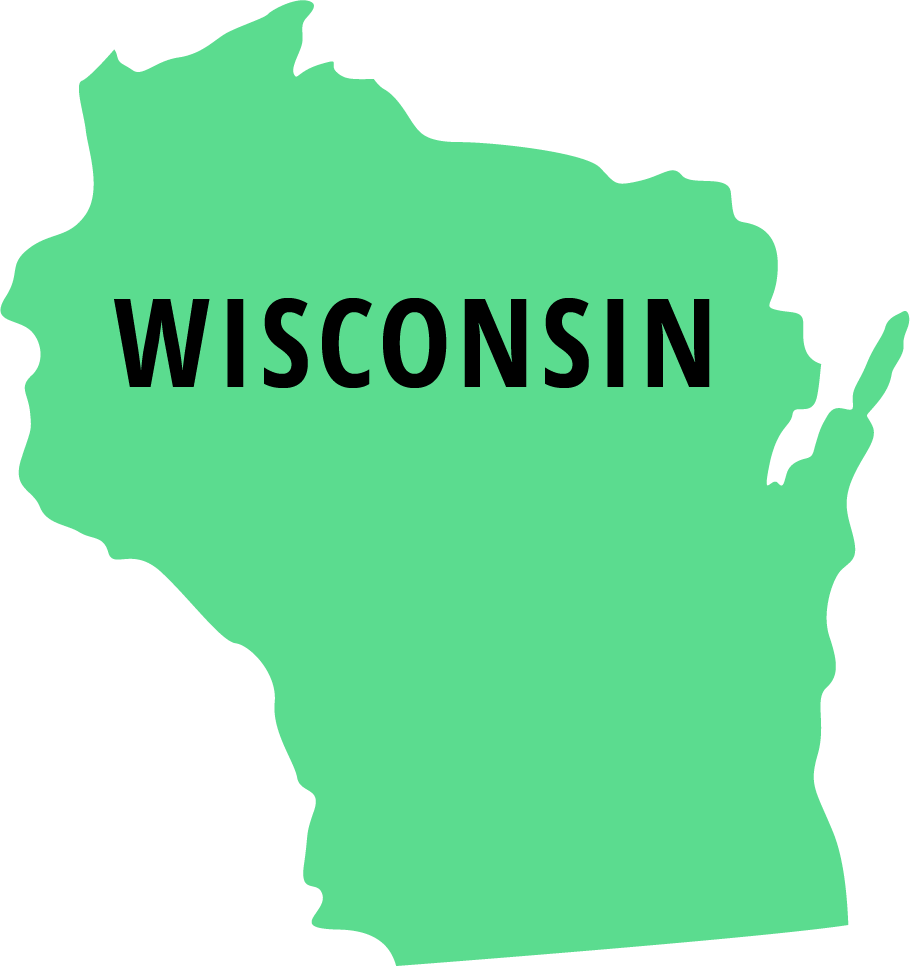It’s easy to want to make better choices about how to use your money. But actually making those choices is hard, especially when you don’t have a good grasp on the bigger financial picture. When you need or want to buy something, it’s easier to make that purchase than to think about a distant savings goal in the future.
The key to saving money and becoming more disciplined with your spending is making a budget. Many people don’t know how to budget and save money, and find themselves living paycheck to paycheck and struggling to make ends meet—forget about saving for a house, college tuition, or a nice vacation. These tips can change that and help you learn how to save money fast.
1. Track Your Spending
Start by keeping track of where your money goes each month. Take note of every purchase you make during a month, from utility bills to your morning coffee. You can track this on a spreadsheet, a free or low-cost app, or with an old-fashioned pen and paper.
2. Categorize Your Spending
At the end of the month, organize your purchases into categories such as bills, groceries and food, transportation, entertainment, and more. Decide which of these categories are essential—for example, you have to pay your insurance, utility, and rent bills every month. Decide which are essential but can be reduced, such as your grocery budget, travel, and clothing. Finally, decide which categories are non-essential, such as entertainment and eating out.
3. Make Cuts
Once you’re aware of how much you are spending and where, decide how you can spend less in each category. Start by picking one category at a time to cut back on. Making a lot of changes at once can be stressful and unsustainable, but starting small can help you as you’re learning how to budget and save money. Simple changes might include:
- Cooking at home instead of eating out—or reducing how many times per month you eat out.
- Carpooling to work and combining errands into one trip to save on gas money.
- Shopping thrift stores, garage sales, and community online listings for clothing and home goods.
- Making coffee at home instead of stopping for some on the way to work.
- Unsubscribing to email and mailing lists for retail stores you love to shop at, if they inspire unnecessary purchases.
- Waiting at least 24 hours before making a non-essential purchase.
- Finding free or cheap entertainment, such as playing or walking at the park, attending community concerts and school plays, and going hiking.
- Canceling subscription services you don’t need or use as much.
Each of these cuts to spending will free up money in your paycheck that you can put toward savings or paying off debt.
4. Use Direct Deposit
Each month, send a portion of your paycheck to a savings account instead of directly into your checking account. Build up this savings to put toward a financial goal: Creating an emergency fund, paying off credit card debt, or saving for a house are good examples. Setting aside money first will help you keep your spending in check.
5. Make Adjustments Often
Constantly re-evaluate your budget and your spending habits. The only way to keep your spending under control is to keep accurate and honest records of where your money is going and check your goals regularly to make sure they are realistic and effective. Don’t be afraid to make changes and find the best mix that works for you.
Budgeting and Saving Money
As you try these tips for how to budget and save money fast, you’ll become more aware of your financial situation. Positive changes in how you use your money will help you save quickly so you can have more flexibility and savings to help out in an emergency.
Learn more personal finance skills from Lift Credit.









